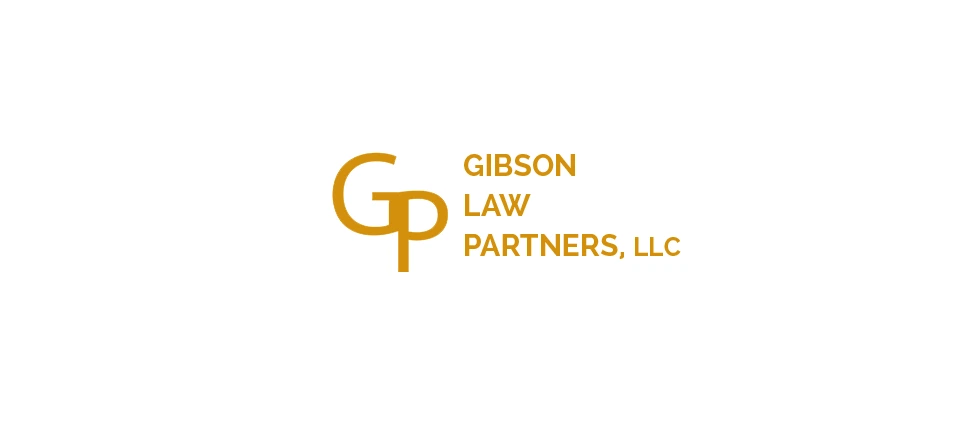Jaguar Land Rover loses trademark infringement lawsuit

Jaguar Land Rover Ltd. lost a trademark lawsuit against Bombardier Recreational Products Inc. in January. According to Yahoo!, Jaguar had accused Bombardier of infringing on their trademark for the Defender SUV with Bombardier’s Can-Am Defender.
They wanted all Bombardier’s profits
The automaker sought all of Bombardier’s profits from the sales of the Can-Am Defender. That would have totaled $130 million.
Defender was integral to Land Rover brand
Jaguar claimed the Defender was “the heart and soul of the Land Rover brand.” However, the SUV was no longer being sold to U.S. consumers. The company pointed out it was still being sold to the military, and they were selling parts and merchandise. Jaguar also continued to service the vehicles.
Bombardier argued the SUVs served different markets and industries.
Jury ruled there was no consumer confusion
The jury ruled consumers would not be confused by the two vehicles. However, the jury did agree that Jaguar had maintained the trademark, and the company did not make any false statements when filing for a trademark renewal.
Jaguar had won a similar lawsuit against Bombardier in the European Union.
Proving trademark infringement is complex
A company that believes their trademark was infringed on can file a lawsuit against the alleged infringer. According to the U.S. Patent and Trademark Office, a company must show it owns the trademark in question to prove trademark infringement. The business must also prove their trademark ownership is senior to the other company. The accuser must also show a competitor’s use of a similar trademark could cause confusion with consumers. The trademarks do not have to be identical, but just alike enough for the average shopper to be confused. The two trademarks must also share the same market.
If a trademark owner proves infringement in court, they may be awarded:
- A court order to stop the other company from using the mark
- An order that requires the destruction of the infringing materials
- Money that may include the other company’s profits, damages, the cost of the infringement or attorneys’ fees
The lawsuit can be filed at a state or federal level, depending on the specific circumstances of the case.

